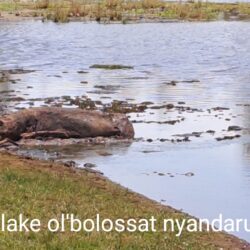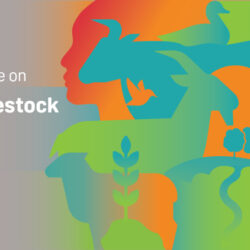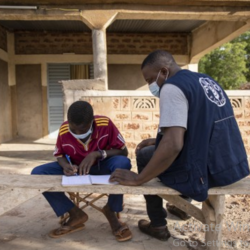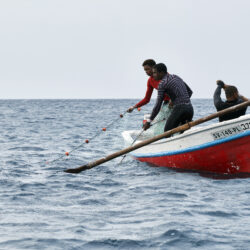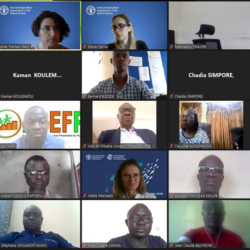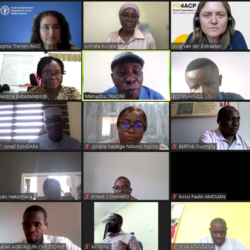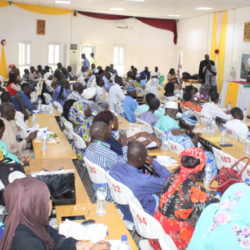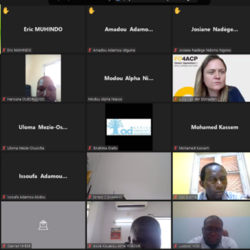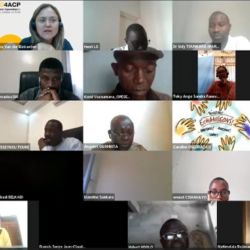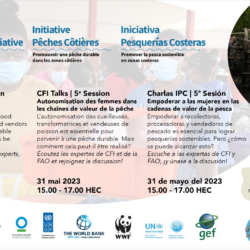Forest and Farm Facility programme Supports Restoration of Lake Ol Bolossat in Kenya
Lake Ol Bolossat, located in central Kenya, is one of the few freshwater lakes in the region and supports a vital ecosystem. The lake is home to over 180 bird species and is a critical water source for agriculture, livestock, and human consumption. However, the lake has been experiencing a continuous drop in water levels, leading to grave concerns about its long-term survival. In early 2023, FAO Kenya supported the

